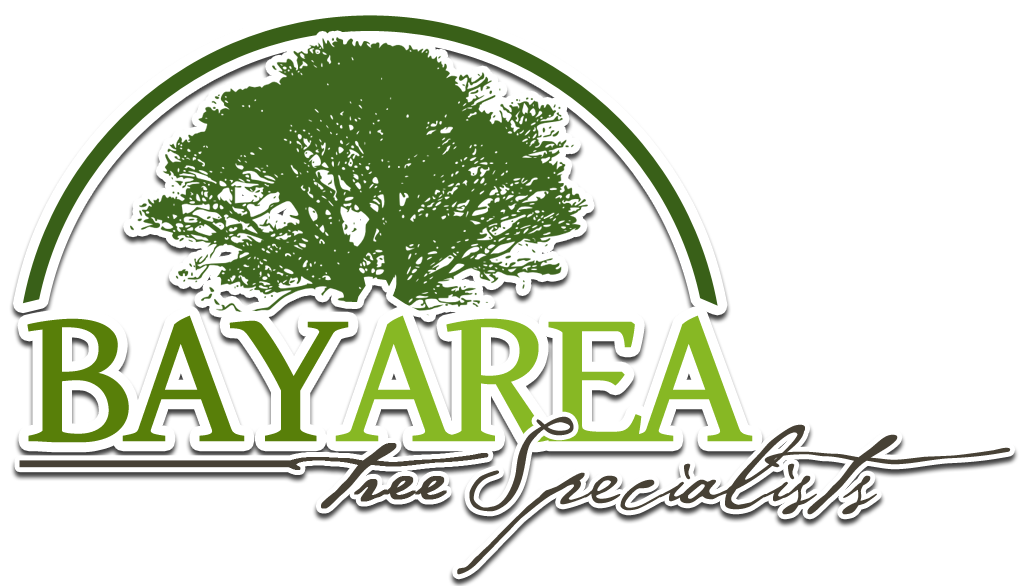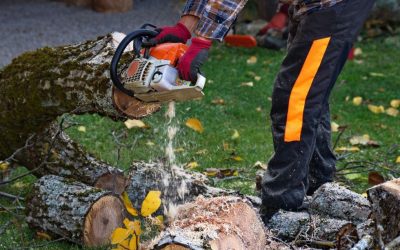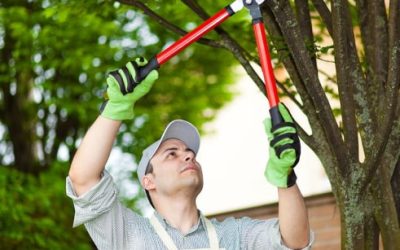Trees and shrubs can be a beautiful addition to your garden or home. However, dead ones are dangerous and should be removed as soon as possible. That's why we've compiled this guide to help you remove a dead tree safely and efficiently. Dead trees can be dangerous,...
Tree Pruning San Jose
Why Should You Prune Your Peach Trees?
Peach trees are one of the most popular plants in the garden, with their sweet fruit and beautiful flowers. They're also one of the easiest trees to grow because they don't require much maintenance. But if you want to keep your peach tree healthy and happy over the...
How Will Tree Trimming And Pruning Limit Damage By High Winds And Storms?
Trees can be destroyed by storms, but with proper maintenance and trimming, you can stop the damage before it happens. When trees are subjected to high winds, they have a tendency to sway. Trees can break or fall in high winds because of this movement. Wind also...
Ideal Time For Scheduled Pruning of Trees
It is best to schedule a time during the winter months, when trees have entered their dormant phase. A dormant tree is not actively growing. Its branches do not exhibit signs of exposure to a harmful act, such as the removal of one of more limbs. In other words, the...
Benefits Linked To Scheduled Pruning of Trees In Yard
Falling limbs can pose a real danger, if their weight helps to trigger a fall to the ground. Still, that is only one of the reasons for scheduling a well-advised time for pruning the yard’s trees. In other words, the trees’ response varies from season to season....
Advice On Using Trees To Beautify A Residential Property
A beautiful property can influence the decision that might be made by a potential buyer. In other words, well-placed trees and bushes add value to a professionally landscaped piece of land. Homeowners that intend to put more trees in a home’s yard should learn what...
Approach Used In Ideal Pruning Method
Pruning works to ensure the growth of the pruned bush or tree. In addition, it helps to display the pruned plant’s beauty. What is pruning? It is the process used for the removal of different parts of a bush or tree. If not done at the right time and in the right way,...
What Is The Best Time of Year For Pruning Trees?
Homeowners need to control the extent to which a tree’s limbs have an impact on the home’s structure. That fact underscores the need for regular pruning of the trees in the home’s yard. What is the best time of year for pruning trees? Trees should be pruned during the...
Tips On Scheduling A Time To Trim Your Trees
Nature does not force a homeowner to work within a narrow span of time, when trees appear in need of trimming. Homeowners can perform that task safely, anytime between late fall and early spring. Environmental influences dictate the timing of the process known as...
Why DIY Tree Pruning Isn’t Worth The Risk?
Every so often, it is important that you prune the tree limbs back in order to stimulate healthier growth and to keep the tree healthier in general. Many people assume that pruning is delimbing a few branches and that’s it. That theory is wrong; pruning is so much...
What are the Dangers of Tree Pruning Done Improperly?
Trees are a vital element, adding beauty to your landscape and property. However, to make sure that the trees on your property add to the elegance it is essential to have proper trimming and pruning to ensure a healthy growth. Tree pruning services in San Jose play an...
How does Tree Pruning differ from Tree Trimming?
It can easily be said that tree pruning and tree trimming services in Palo Alto are excellent examples of landscaping endeavors. While pruning is designed for shrubs and trees, trimming ensures proper growth. There are other ways in which the two differ as well. For...
Know About The Best Methods for Proper Tree Pruning
Are your trees looking good? Trees usually don’t require a whole lot of care – maybe the occasional raking through the fall and preparation for winter. However, you might also consider pruning theme very once in a while. Trimming might actually seem like something...
Know More about Pruning Do’s and Don’ts
Pruning is an endeavor that’s essential for the proper development of the majority of trees and bushes. This is mainly due to the fact that it provides a wide array of beneficial properties which are going to enhance the structure of the crown and thus make the entire...
Preparing Trees against Hurricanes and Storms
Now, while trees are definitely incredibly advantageous and a great way to improve your landscape, the truth is that they could also be quite the menace, especially during hurricane season. Being susceptible to severe winds makes them potentially dangerous, especially...



